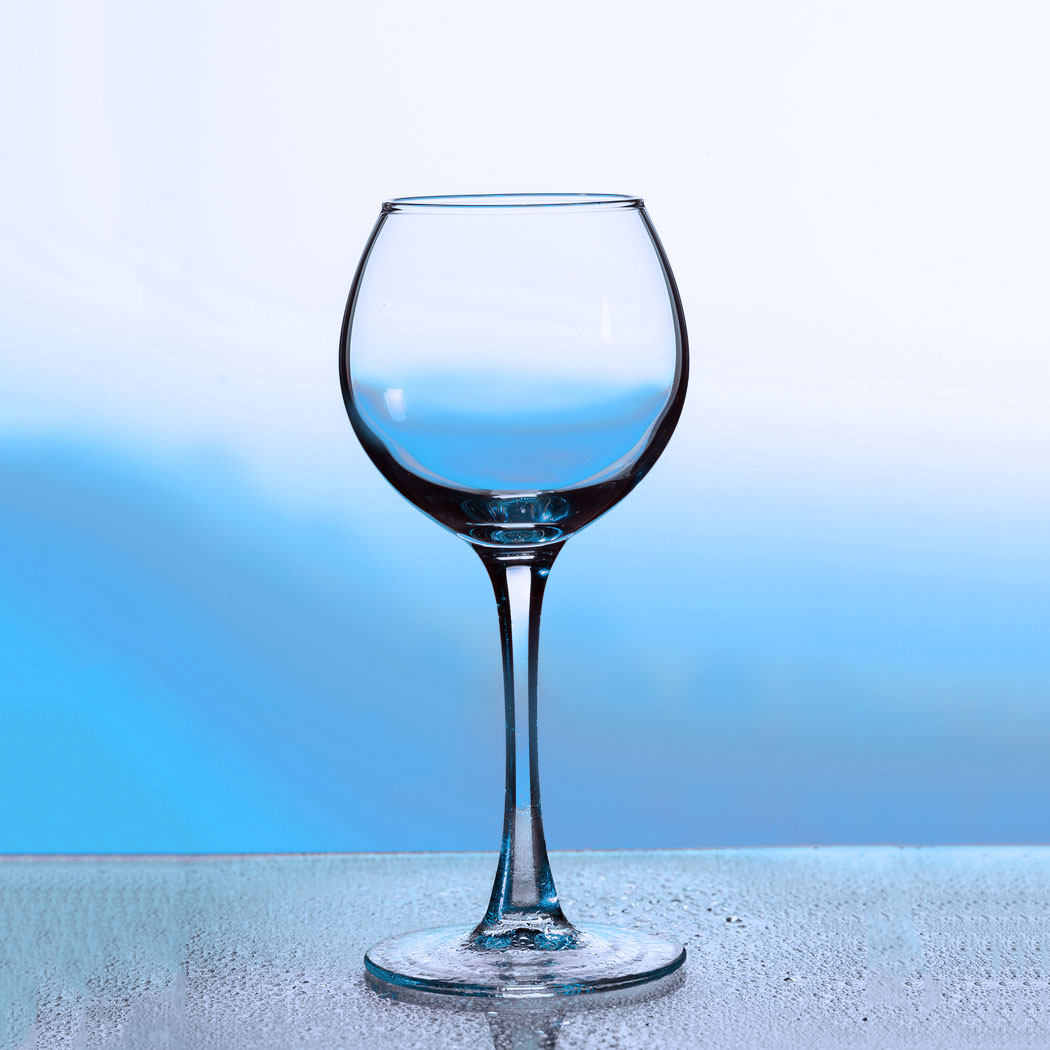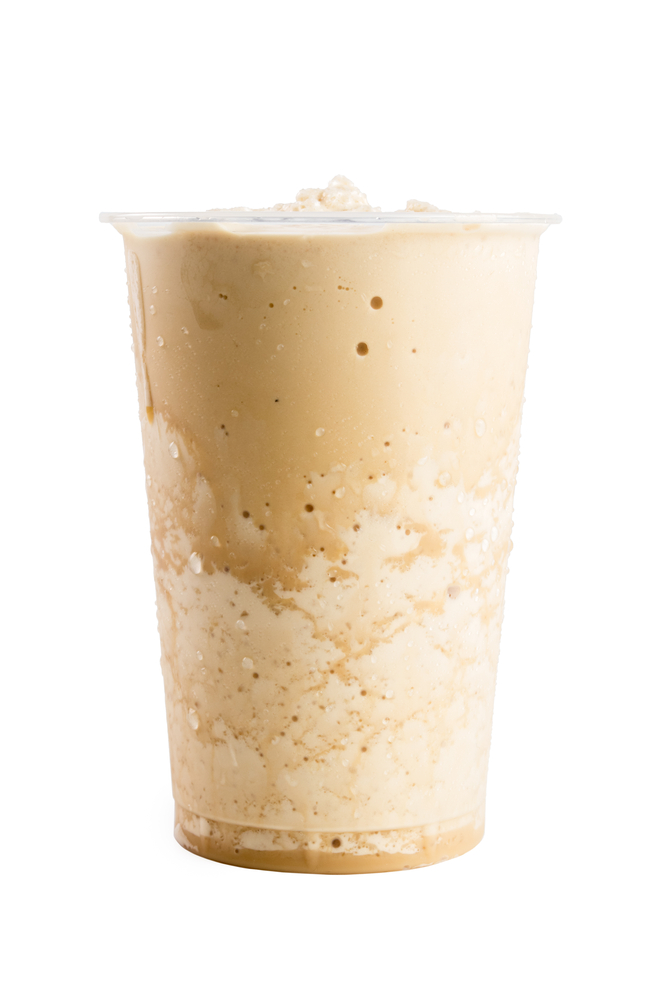By: Amanda Belo
When the clock strikes midnight on January 1, for countless people that means a new start… especially when it comes to making resolutions and commitments to getting healthier. Many people every year even participate in “Dry January” in the spirit of good health. More publicly known in England, this designated month geared towards social drinkers is all about taking a breather from alcohol, especially after indulgences of all kinds throughout the holiday season. Is it worth it?
Whether you go cold turkey for one month (or a few months) throughout the year, here are some benefits you may see when giving up alcohol.
May Promote Weight Loss
Alcohol is full of empty calories from carbs and sugars. A standard glass of red wine is 125 calories1 and a pint of lager beer can be over 180 calories2. So instead of drinking, you can splurge on healthier beverages or foods that are more beneficial to nurturing your body. You also may be less likely to overeat. Research has shown that alcohol consumption can lead to excess food intake.3
You May Sleep Better and Have More Energy
Drinking alcohol can potentially disturb your sleep pattern. Drinking is a short-term route to slumber, but can cause restlessness throughout the night. Overtime, that takes away from healthy sleep quality, as well as restoring energy to get you through the day.
May Improve Mood
Alcohol is categorically a depressant, so it may lead to feeling depressed after drinking. It can also worsen symptoms for those already experiencing depression, particularly when on medication.3
Promotes Hydration and Skin Health
Alcohol is also a diuretic, however, it decreases the body’s ability to reabsorb water once fluid has left your body3. Over time, this can damage skin and its appearance. Reducing alcohol intake can help you ensure that you’re staying hydrated from the inside out.
Are you taking part in Dry January? Tell us your thoughts in the comments below!
Resources:






Comments (0)